
Selected reviews about elderly care communities
Selected reviews about elderly care communities offer valuable insights into the experiences of residents and their families. These reviews can highlight the strengths and weaknesses of different communities, helping you make an informed decision when choosing the right care for your loved one.

6 Tech Tools I Wish I’d Had When I Was a Caregiver
As a caregiver, I often wished for tools that could streamline tasks and enhance communication. From health monitoring apps to intuitive scheduling software, these innovations could have eased daily challenges, allowing for more focus on compassionate care and less on logistics, ultimately improving the overall caregiving experience.
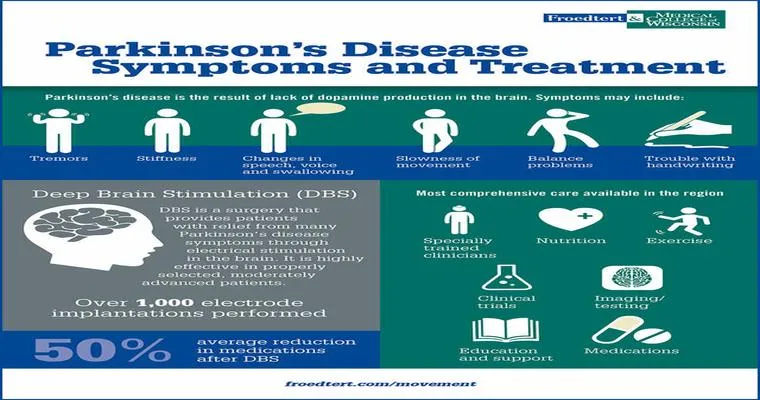
Lets discuss early onset Parkinson’s symptons.
Early onset Parkinson's symptoms can include subtle changes in movement, such as stiffness, tremors, and difficulty with balance. Other signs may involve changes in handwriting, decreased facial expressions, and challenges in fine motor skills. Recognizing these symptoms early can lead to timely diagnosis and management, improving quality of life for affected individuals.
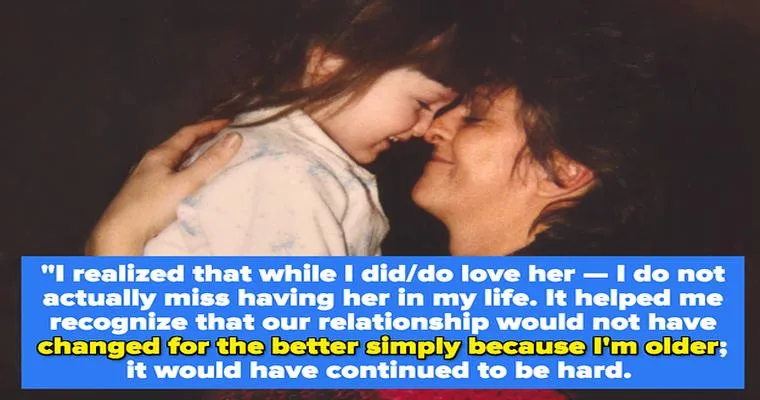
How do I deal with an ex sister-in-law who my brother is again living with, who will not discuss his condition with me (Parkinson’s)?
Navigating a relationship with your ex sister-in-law can be challenging, especially concerning your brother's Parkinson’s. Focus on maintaining open communication with your brother, expressing your support without pressuring him. Respect boundaries while gently encouraging dialogue about his health. Prioritize empathy and understanding to foster a supportive environment for everyone involved.

I have no questions. Just some things I experienced with my parents.
Reflecting on my experiences with my parents brings a mix of warmth and nostalgia. From family trips filled with laughter to quiet evenings of storytelling, each moment shaped my understanding of love and support. Their guidance and values became the foundation of who I am today, creating cherished memories that last a lifetime.
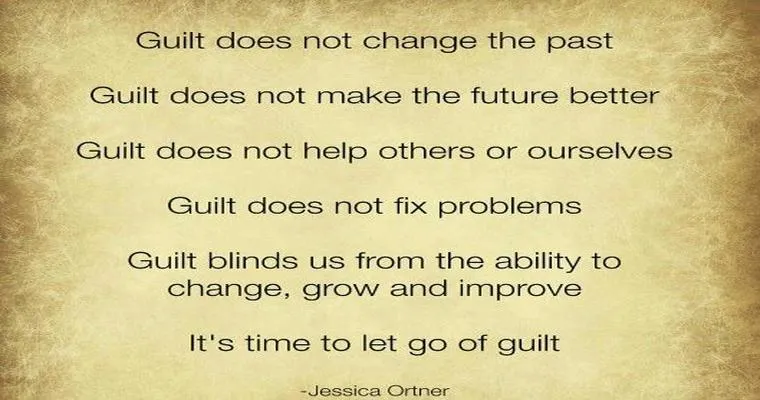
How do you get rid of this guilt?
To alleviate guilt, start by acknowledging your feelings and understanding their source. Reflect on the situation and consider what you can learn from it. Practice self-compassion, forgive yourself, and, if possible, make amends. Engaging in positive actions and focusing on personal growth can help you move forward.

How do you cope with losing just about all of your family to death? I've lost almost all of my family, and have changed. Anyone else?
Coping with the loss of nearly all family members can be an overwhelming journey. It often brings profound grief and a sense of isolation. Finding support in friends, communities, or support groups can be essential. Embracing new routines, honoring memories, and allowing oneself to feel and heal can also aid in the process.

Boyfriend lack of support: Advice on how to handle relationships when someone just doesn't get it?
In relationships, a lack of support can be disheartening. Open communication is essential; express your feelings honestly without blame. Seek to understand his perspective and share your needs clearly. Encourage him to engage more actively in your interests, fostering mutual understanding and connection. Patience and empathy can help bridge the gap.
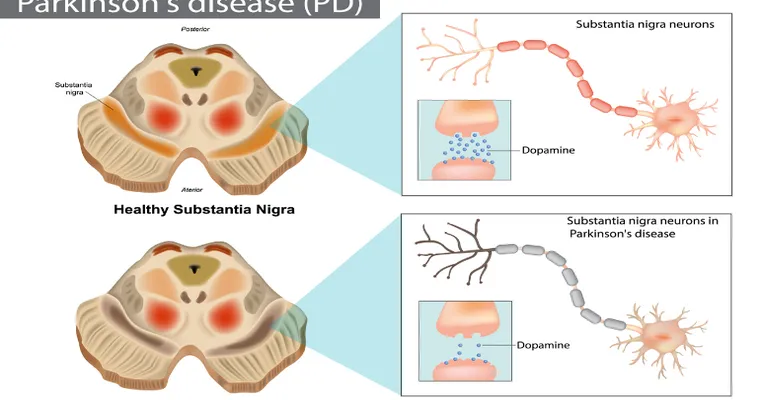
The Stages of Parkinson’s Disease
Parkinson's disease progresses through five stages, beginning with mild symptoms like tremors and slight stiffness. As it advances, motor skills decline, and daily activities become challenging. In later stages, patients may experience significant mobility issues and require assistance for basic tasks, ultimately impacting their quality of life and independence.
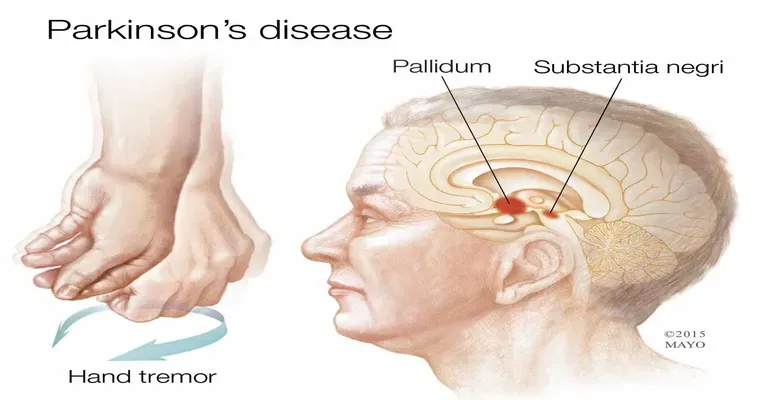
How Long Can a Person Live With Parkinson’s Disease?
The lifespan of a person with Parkinson's disease varies significantly, influenced by factors like age, overall health, and disease progression. While many individuals live for years, managing symptoms and complications effectively can enhance quality of life. Early diagnosis and treatment play a crucial role in extending longevity and well-being.
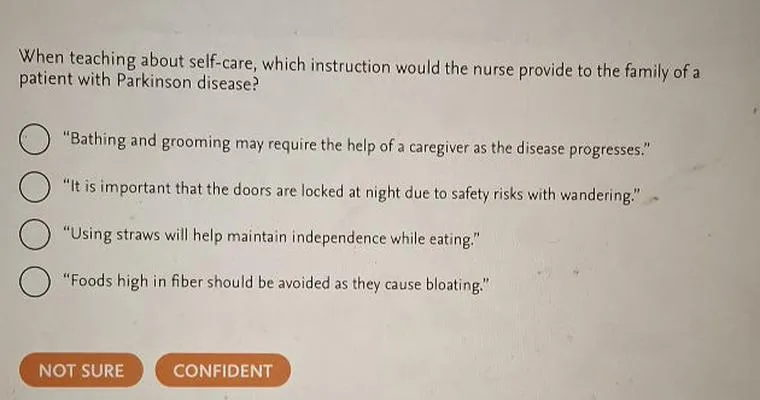
Questions a Caregiver Should Ask about Parkinson's Disease
Caregivers should inquire about the specific symptoms and progression of Parkinson's Disease, treatment options, and strategies for managing daily activities. Understanding the patient's emotional and psychological needs is essential, as well as exploring support resources and community services available for both patients and caregivers to enhance quality of life.

101-year-old mom claimed she had been robbed of her wallet and keys.
A 101-year-old woman reported that she had been robbed of her wallet and keys, sparking concern and support from her community. The incident highlights the vulnerabilities faced by the elderly, prompting discussions about safety and care for seniors in neighborhoods. Authorities are investigating the matter to ensure her well-being.

I need help over here.
In a moment of urgency, someone calls out for assistance, expressing a sense of vulnerability and the need for support. The plea highlights the importance of community and connection, as individuals often find themselves in situations where reaching out for help becomes essential for overcoming challenges and navigating difficult circumstances.

Why does my dad remember every scenario that he has accused us of doing? When a new accusation of theft comes up, he lists all previous ones?
Your dad’s tendency to recall past accusations may stem from a desire to establish patterns or reinforce his beliefs about trust and responsibility. This behavior could indicate a concern for accountability and a need to emphasize consistency in behavior, making him more vigilant in addressing any new situations.

Alzheimer's: At what stage is my husband?
Alzheimer's disease progresses through stages, affecting memory, thinking, and daily functioning. Early signs include forgetfulness and confusion. In the moderate stage, individuals may struggle with recognizing loved ones and require assistance with daily tasks. Understanding your husband’s specific behaviors and challenges can help gauge his current stage and tailor support accordingly.

My father doesn’t believe he is home. We have to keep driving him around and 'taking him back home.' Anyone else experience this?
A person shares the emotional struggle of caring for a father who no longer recognizes his home. The family finds themselves constantly driving him around, attempting to create a sense of familiarity and comfort. This experience highlights the challenges of dementia or memory loss, resonating with others in similar situations.

Anyone finding it difficult to get advice from your parents' doctors on finding out about getting palliative care…My mother is sinking slowly.
Navigating the complexities of palliative care can be overwhelming, especially when communication with your parents' doctors proves challenging. As your mother’s condition deteriorates, seeking guidance becomes urgent. Understanding available options and resources is crucial to ensure she receives compassionate support and comfort during this difficult time.

Update on Dad and thank you for all the support.
I wanted to share a brief update on Dad's condition and express my heartfelt gratitude for all the support we've received during this time. Your kind words and encouragement have made a significant difference for our family, and we truly appreciate your thoughtfulness and care as we navigate this journey together.

FIL is back. What does that mean?
FIL's return signifies a resurgence of interest and activity in the decentralized finance space. This resurgence may bring enhanced liquidity, innovative projects, and increased user engagement. As FIL reestablishes its presence, it presents new opportunities for investors and developers alike, fostering a vibrant ecosystem for financial growth and collaboration.
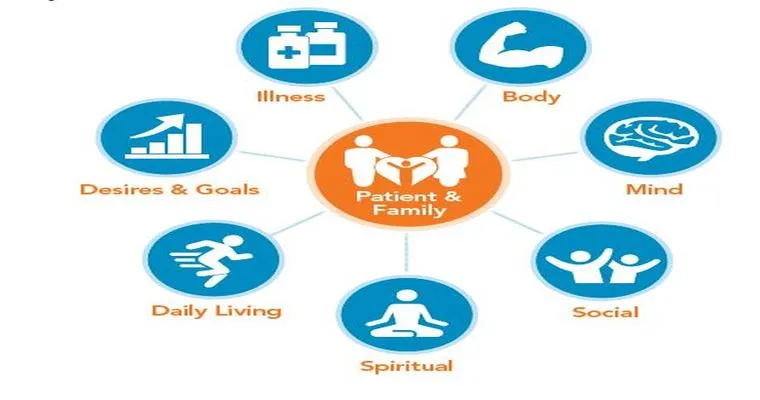
Palliative care.
Palliative care is a specialized medical approach focused on providing relief from the symptoms and stress of serious illnesses. It aims to enhance the quality of life for patients and their families by addressing physical, emotional, and spiritual needs, regardless of the diagnosis or stage of the disease.

How to Talk to Aging Parents About Their Future Plans
Engaging in conversations with aging parents about their future plans requires sensitivity and patience. Start by choosing a comfortable setting, expressing your concerns gently, and actively listening to their thoughts. Encourage open dialogue about their wishes and preferences, ensuring they feel respected and involved in decisions regarding their care and living arrangements.
Page 26 of 134